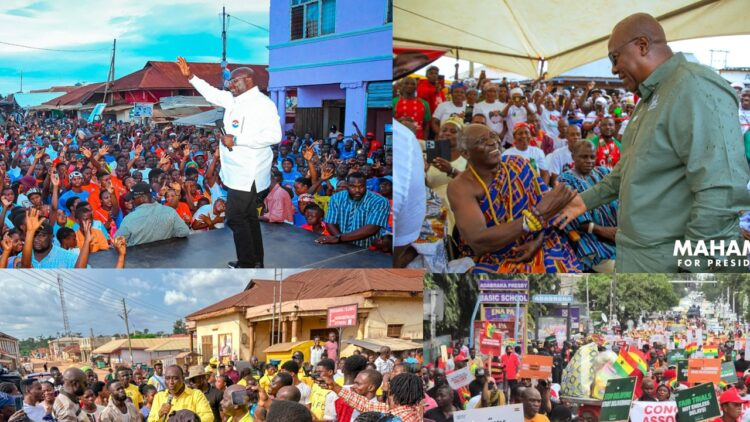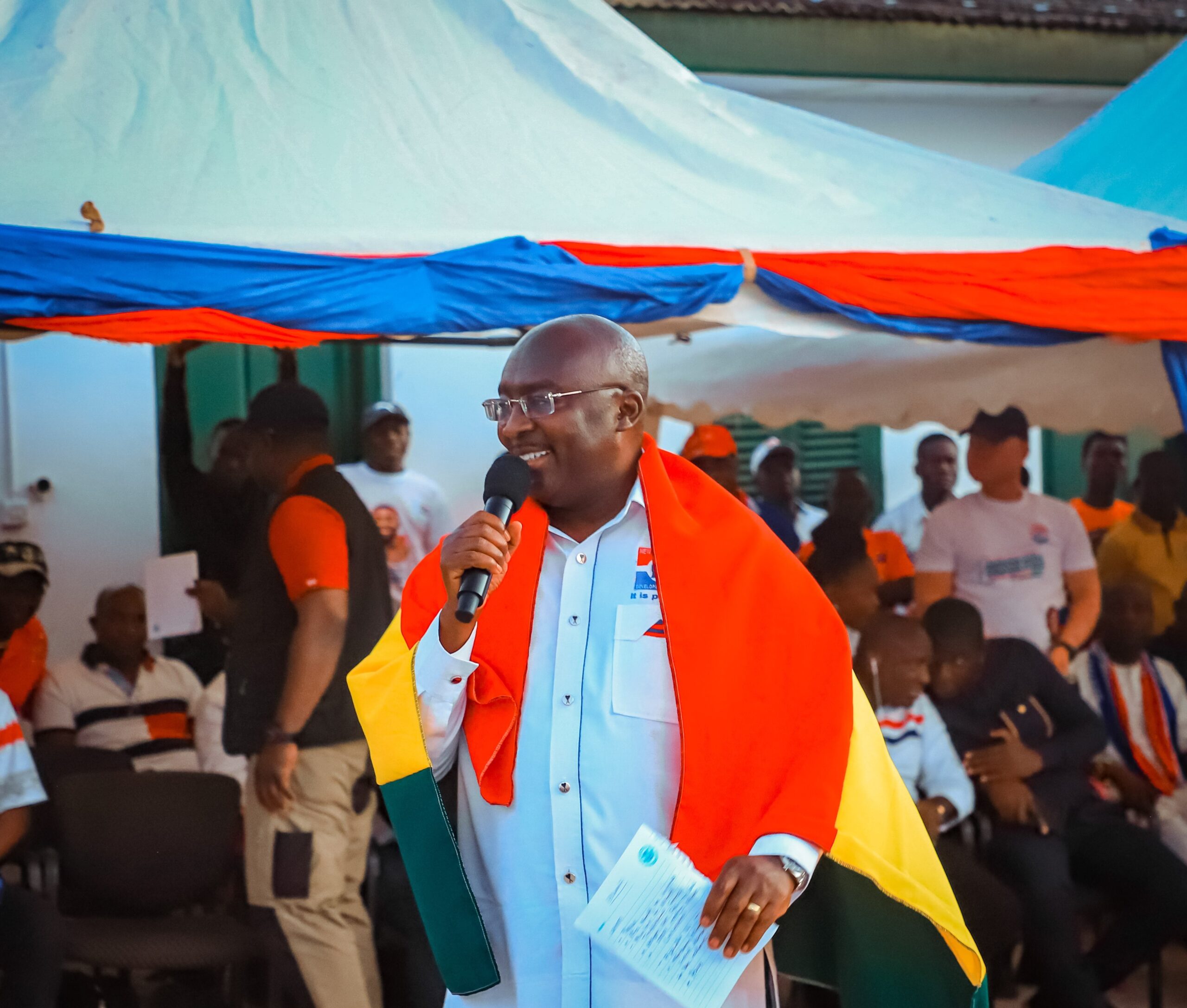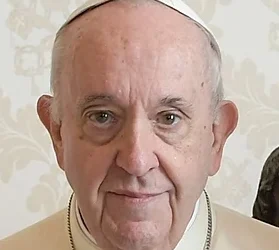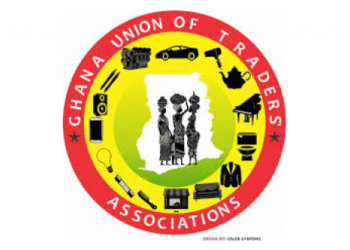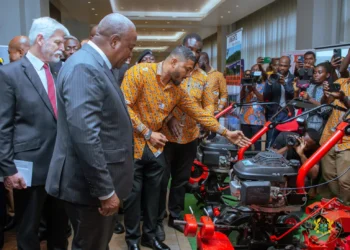As Ghana faces a challenging period marked by rising living costs and increasing hardships for ordinary citizens, the contrast between their struggles and the lavish displays of wealth by politicians has become glaringly evident.
In the lead-up to the 2024 elections, candidates showcase their affluence, crafting elaborate narratives of prosperity while many Ghanaians grapple with daily challenges. This stark divide fuels a growing sense of discontent, as the public demands more than just empty promises; they seek accountability and tangible solutions to their pressing needs.
It is time to confront the uncomfortable truth: ordinary Ghanaians are calling out for genuine action that addresses their realities.
The frustrations of Ghanaians are palpable. Recently, over a thousand members of the Ghana National Association of Teachers (GNAT) took to the streets of Accra, uniting their voices in a chorus of grievances over salary disparities and a lack of basic amenities in rural schools. This protest is just one example of a broader trend of discontent that spans multiple sectors.
The Mortuary Workers Association of Ghana (MOWAG), typically a group that operates quietly, has also broken its silence, threatening to strike unless their urgent demands for protective equipment and salary arrears are met.
This rare outcry from the Mortuary Workers Association highlights the gravity of their situation and resonates as the collective cry of every Ghanaian facing hardship. When a normally silent group feels compelled to demand better working conditions, it underscores a critical issue affecting us all that cannot be overlooked.
The destructive practice of galamsey continues to devastate the nation’s land and water bodies. Entire communities are suffering from environmental damage, contaminated water supplies, and the loss of farmland, while politicians either turn a blind eye or provide empty reassurances.
Political discourse from the ruling New Patriotic Party (NPP) appears increasingly disconnected from the realities faced by Ghanaians. Their 2024 manifesto, which promises economic transformation and the creation of one million jobs over four years, may resonate with the youth, but it fails to address the immediate needs of the workforce struggling with economic challenges.
The promise to abolish the controversial E-levy and betting tax has garnered applause from supporters, yet it does little to alleviate the hardships faced by families trying to make ends meet.
Meanwhile, the opposition National Democratic Congress (NDC) is also making bold promises, but many Ghanaians remain disillusioned. Past experiences have left them cautious, as they recall unfulfilled commitments and the repetitive nature of political pledges that often lead to more disappointment than progress.
The stark reality is that voters are tired of the same narratives and are demanding genuine solutions instead of recycled promises. As labor strikes intensify and politicians focus on empty promises, citizens are left wondering what concrete actions will be taken to address the mounting challenges they face. The urgent pleas from teachers, mortuary workers, and civic educators remind us that promises alone cannot satisfy a discontented populace. They demand accountability and real action from their leaders, not just words that ring hollow.
The emergence of smaller political parties, such as Alan Kwadwo Kyerematen’s Alliance for Revolutionary Change (ARC) and Nana Kwame Bediako’s New Force Movement, signals a changing political landscape in Ghana. However, studies and election polls indicate that these parties face significant challenges in securing victories.
For the foreseeable future, power is likely to remain between the New Patriotic Party (NPP) and the National Democratic Congress (NDC). This is a pivotal moment for Ghana, as growing discontent among the populace is not just frustration; it is a call for action. To move forward, politicians must turn their promises into real improvements in the lives of their constituents. The time for empty rhetoric is over; action is essential.
The media plays a crucial role during this transformative period. It must go beyond merely reporting issues and become a catalyst for change by amplifying the voices of the marginalized and holding leaders accountable. Journalists should act as a bridge between the government and the public, ensuring that the concerns of the voiceless are heard and that citizens remain informed and engaged.
As Ghana stands at this crossroads, the citizens deserve more than just promises; they deserve leaders who will listen, engage, and act decisively. The future of Ghana does not rest solely in the hands of political elites, but in the collective will of its people, who are ready to embrace change and work towards a more equitable and prosperous society.
It is time for the voiceless Ghanaians to make their voices heard, demand accountability, and hold their leaders responsible for their promises. A new political era is on the horizon, but it is up to the people to seize this opportunity.

